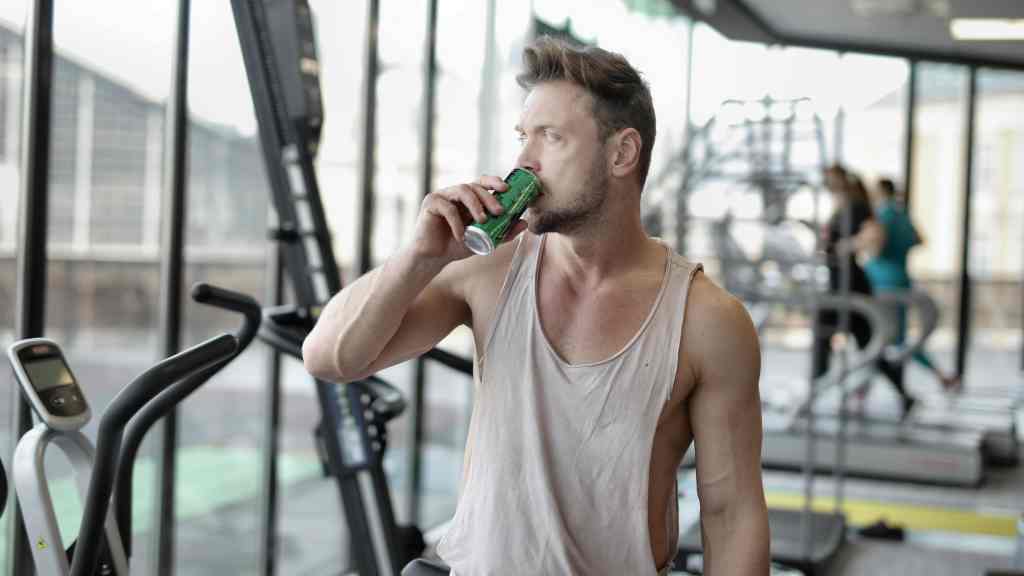Optimal Hydration for Workouts: Choosing the Right Beverages
Staying hydrated is crucial during, before, and after the workout.
Approximately 60% of your body is composed of water. Losing a significant amount of water is possible when engaging in physical activity.
According to Nancy Clark, a sports nutritionist and author of Nancy Clark’s Sports Nutrition Guide Book, consuming enough water can help properly function joints and body tissues, regulate temperature, and transport nutrients. It is essential to drink enough water to ensure these bodily functions are carried out effectively.
Before choosing the right drink to stay hydrated during your upcoming workout, there are a few things you need to be aware of.
Select the Appropriate Drink
Selecting a workout drink can often be solved with the most straightforward approach.
According to Clark, drinking water after exercising is acceptable if an individual is considered a typical person.
Clark suggests incorporating chocolate milk into your post-workout routine if your exercise routine is of a higher intensity and lasts for more than three hours at a stretch.
Chocolate milk contains essential minerals like sodium and calcium lost during sweating. It also provides carbohydrates to replenish energy and protein to aid in repairing any potential damage.
If you are not a fan of milk or water, you can opt for sports drinks, coconut water, or other beverages. The levels of electrolytes should not be a significant concern. According to Clark, food can adequately replenish any lost electrolytes due to sweating.
Optimal Consumption
According to Clark, no specific recommended water intake during physical activity exists. Instead, it is suggested that you drink according to your thirst.
There are methods available to determine your sweat rate. These involve weighing yourself before and after a run and then performing some calculations. According to Clark, consuming eight ounces of water every 15 minutes is recommended if you lose a quart of sweat in an hour.
A recommended guideline is to consume four to eight ounces of liquid every 15 to 20 minutes during your exercise routine to avoid dealing with calculations and if you tend to sweat excessively.
Avoid Excessive Drinking
Excessive fluid consumption is possible, although it is not shared. This is especially true during marathons and triathlons.
Sports enthusiasts who have a high intake of liquid, including sports drinks, but insufficient sodium intake may encounter a critical medical issue known as hyponatremia. Indications of this condition may include:
- Experiencing nausea or vomiting
- Suffering from a headache, feeling confused, or experiencing fatigue
- Reduced blood pressure
- Lack of energy
- Muscle weakness, spasms, or cramps
- Seizures or falling into a coma
- Feeling restless or irritable
Clark says over-hydration is uncommon, as most individuals need more fluids while exercising.
Include Protein and Carbohydrates in Your Meals
Although physical activity benefits the body, it is not uncommon to experience slight damage to cells or tissues during a workout. Clark recommends consuming a drink high in protein after a highly intense workout to repair this damage.
According to Clark, protein is not the only important factor. When engaging in physical activity, you use a significant amount of energy, so Clark suggests consuming three times more carbohydrates than protein. Therefore, flavored milk is a suitable option for replenishing fluids.
Understanding the Dangers of Dehydration
Insufficient water intake can lead to various issues, with fatigue being prevalent.
According to Clark, not consuming sufficient water can lead to thickening of the blood due to reduced water levels, resulting in increased strain on the heart and feelings of tiredness. A dehydrated person may experience fatigue as a result.
Hydrate Before and During Physical Activity
According to Clark’s recommendation, consuming fluids before starting your exercise routine is advisable, mainly if it involves activities that demand high endurance levels.
According to Clark, it is recommended to begin consuming liquids at least one and a half to two hours before running a marathon.
Additionally, it is beneficial to stay hydrated by consuming fluids while exercising.
According to Clark, not consuming enough fluids while exercising can lead to dehydration and put one in a difficult situation. Therefore, it is advisable to avoid this situation by staying hydrated throughout the exercise.
According to Clark, even though carrying water while running can be burdensome, it is still beneficial.
Brief Reflection
Physical activity offers numerous advantages to our physical well-being, but dehydration is common. It is crucial to maintain proper hydration, particularly during exercise.
Adequate hydration is crucial in preventing dehydration. Suggestions on the amount, timing, and type of fluids to bring along can significantly enhance your performance during physical activity.
